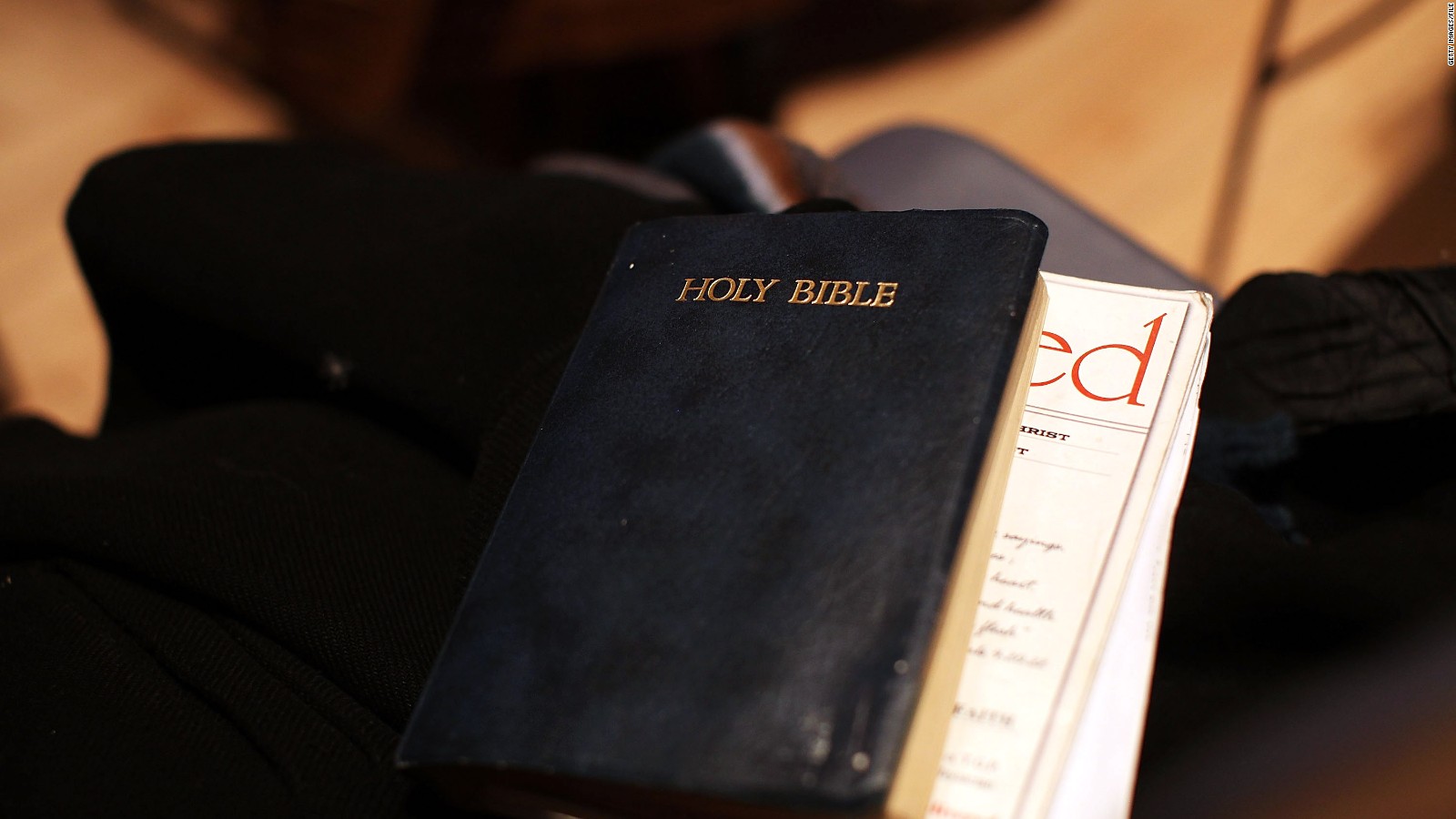A Catholic reads the Bible, week 10: God needs an editor

The Book of Deuteronomy is filled with rules, rules and more rules.
Story highlights
- The word Deuteronomy means "repetition of the law," and oh boy, is that an appropriate title for this book, Benardini says
- Bernardini says she is starting to regard God as "commander in chief," or maybe just "commandment in chief"
Laura Bernardini is director of coverage in CNN's Washington Bureau. The views expressed in this column belong to Bernardini.
(CNN)This is week 10 of an ongoing series: A Catholic Reads the Bible. Read week one, week two and week three.
The word Deuteronomy means "repetition of the law," and oh boy, is that an appropriate title for this book.
For me, Deuteronomy means more of the same: more dry recitations of rules commandments, dictates ...
Once again, the underlying message is: You better follow these rules or God will do some serious smiting.
OK, God. I get it. Can we please move this story along now? Can you tell my boredom with this part of the Bible has turned to frustration?
Since I'm close to 40, I did mark it in Chapter 2, "The Lord, your God, has blessed you in all your undertakings; ... It is now 40 years that He has been with you and you have never been in want." That line hits home: succinctly summarizing how I've felt about my faith thus far in my life.
After that, I had high hopes for the rest of the Deuteronomy. But, it wasn't to be.
Here are some of my "favorite" rules laid out in Deuteronomy:
If you follow pagans, you will suffer the wrath of the "jealous God."
If you chose to marry a female captive and grow tired of her, you can release her.
When you lay siege to a city, don't cut down the fruit trees. They will sustain you. But you can cut down other trees if it helps you defeat your enemy.
The story of the golden calf is in Deuteronomy, but it's just three short paragraphs. My coloring book was longer.
I am starting to regard God as "Commander in Chief," or should I say "Commandment in Chief" -- and not just because I live in Washington.
Rather, it's the redundancy. God needs an editor. The oral tradition that forms the background of the Bible is obvious: the way to make people remember rules is to keep repeating them, ad infinitum. But honestly, the third time I read a rule (after reading it first in Numbers and Leviticus) it just makes my eyes glaze over.
For example, to keep kosher, you can't eat camel, hare or rock badger (a cute animal, Google it). I have lost count on the number of times the dietary rules have come up during the Torah. And in Deuteronomy alone, I have read twice about putting the blessing on the doors just like the ones my Mom kept up in our house. By the way, I wrote about that three weeks ago in Leviticus.
Enough.
I get it.
It has gotten to the point that I am counting pages. There are fourteen pages left in Deuteronomy. At three pages a day, I will be in this until Saturday. That's not the way to look ahead at something you enjoy.
Rather than dwell on this any longer, I have sought permission from my editor to talk with a Rabbi before next week's installment. I want to understand these books and their role in Jewish faith that, until now, I thought I knew. I am having a hard time understanding how you build a religion around so many rules.
When I complained about the rules to Adam, a Jewish friend, he replied, "Doesn't your religion have rules?"
Yes, it does. Maybe for my next project, I'll read through the catechism. If I ever make it out of Deuteronomy.

No comments:
Post a Comment